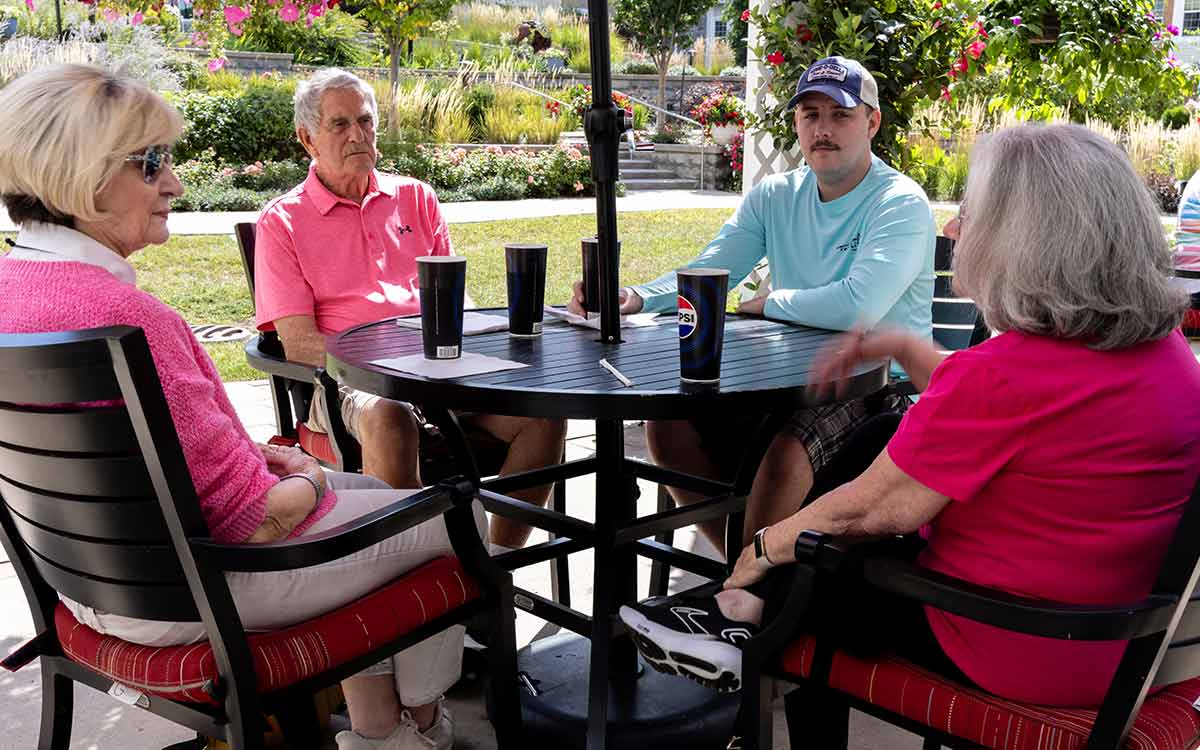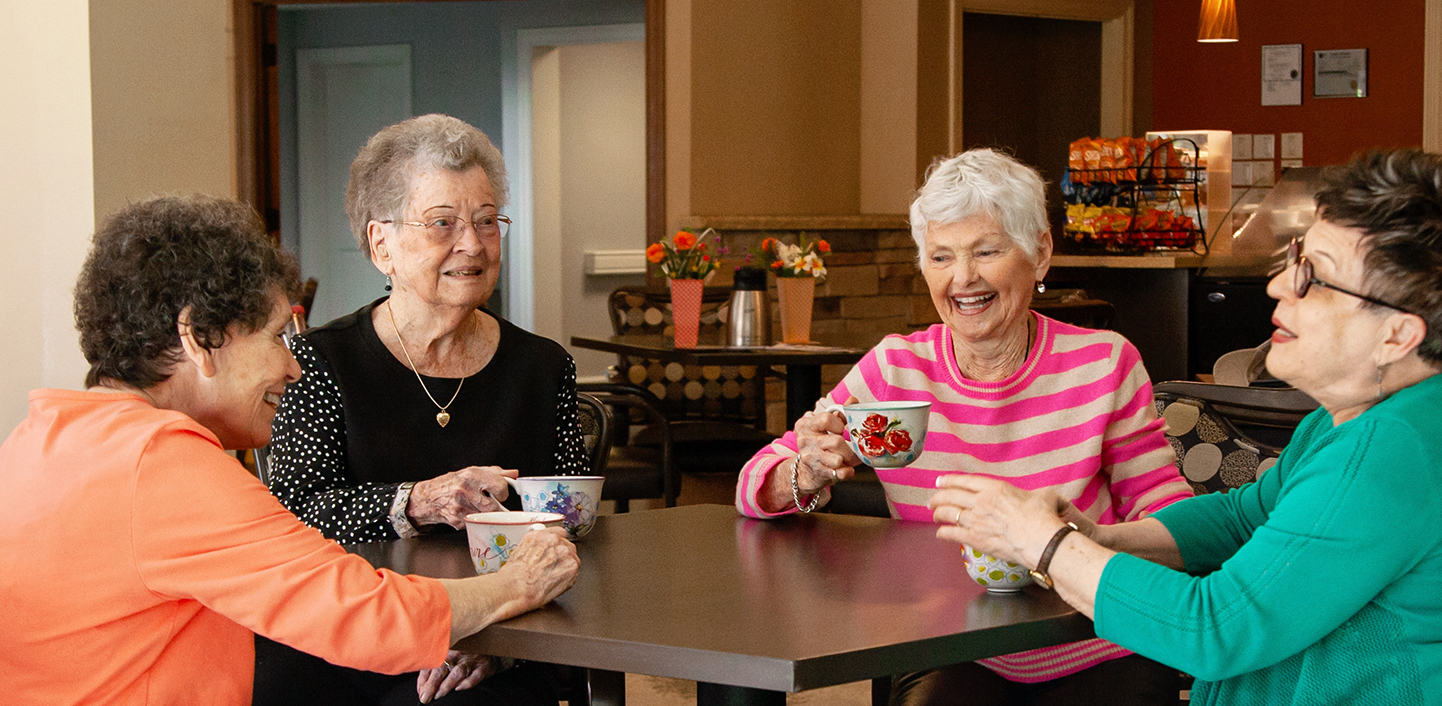
Independent Living
Explore

Rental & LifeCare Options That Fit Your Future
Independent Living at Cottage Grove Place is more than a home—it’s a lifestyle. Choose the lifelong security of LifeCare with predictable costs and guaranteed access to care, or the flexibility of a rental apartment with no entrance fee. However you call us home, you’ll find comfort, connection, and confidence here.
VIDEO Tour
Step Inside Our Home
Get a peek inside the lifestyle, amenities, and residences that make Cottage Grove Place so special in this short video. From our customizable apartment-homes to beautifully landscaped courtyards, see yourself here.

Maintenance-Free Living
Trade home hassles for time to do what you love. Enjoy housekeeping, linen service, and a dedicated maintenance team.

A Vibrant, Social Lifestyle
From fitness classes and resident-led clubs to exceptional cultural outings, there’s always something exciting happening here.
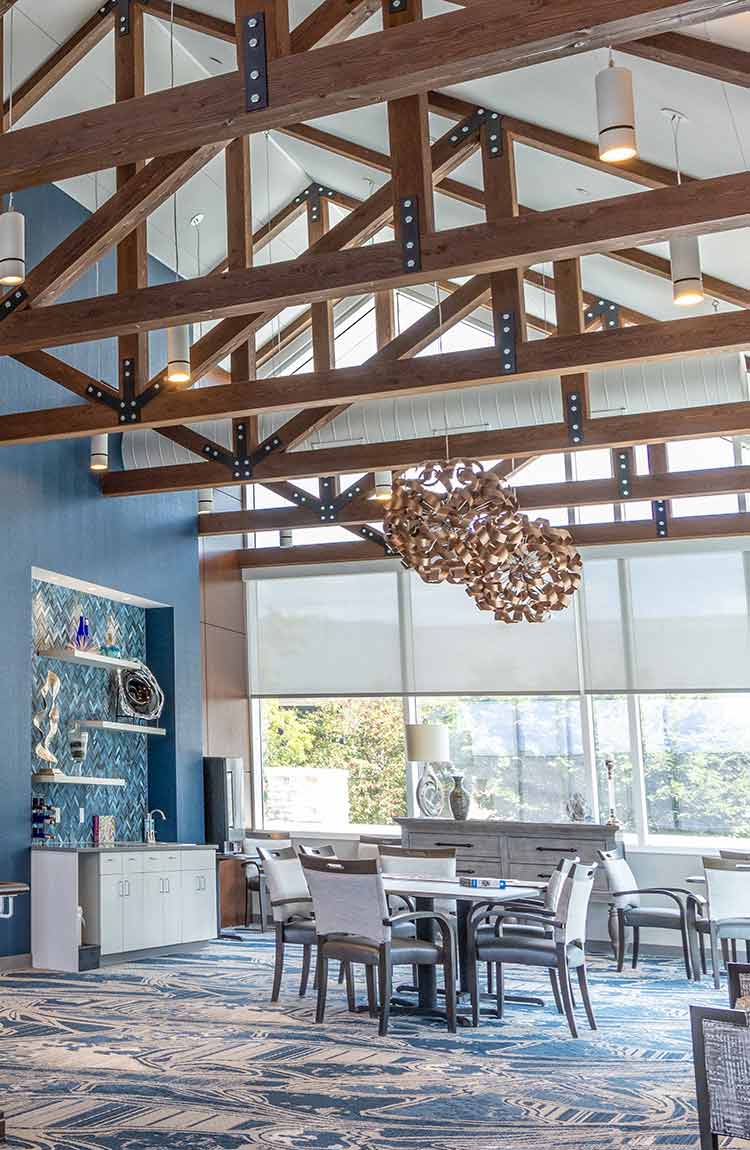
All-Inclusive
Value
With a predictable monthly fee that covers dining, amenities, and future care needs, you can plan your finances with confidence.
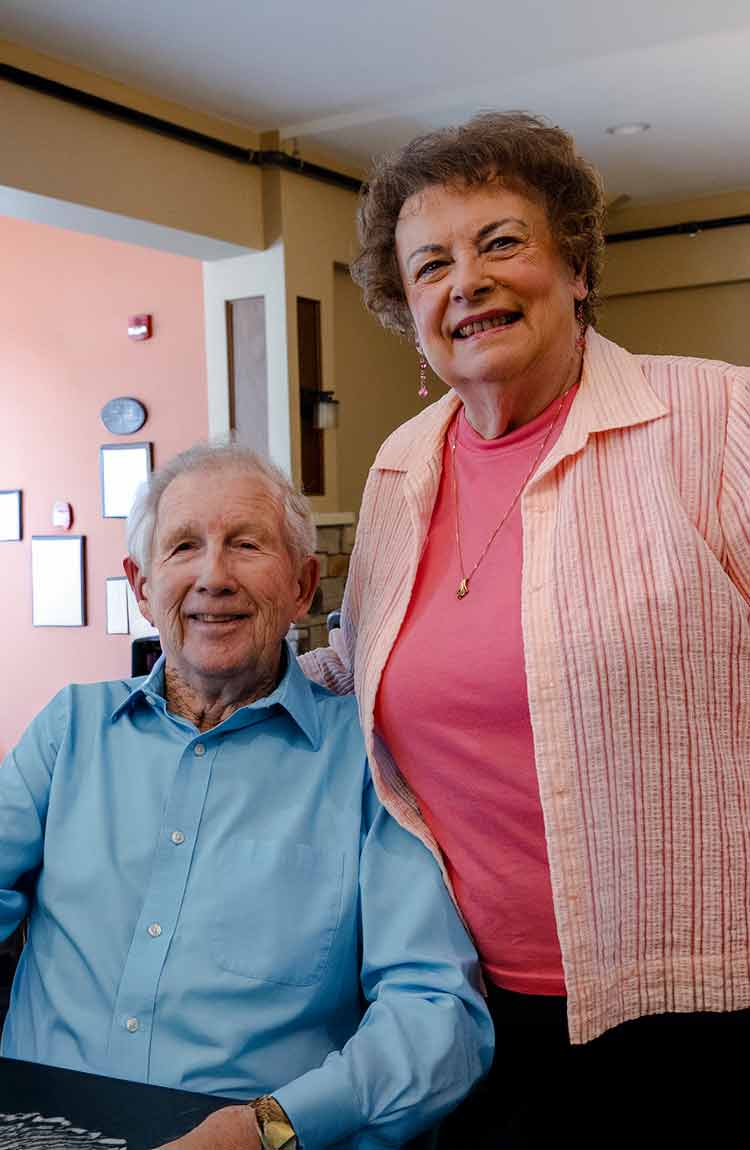
True Care for
Life
If your care needs change, you’ll have priority access to Assisted Living, Memory Care, and Skilled Nursing Care, all right here.
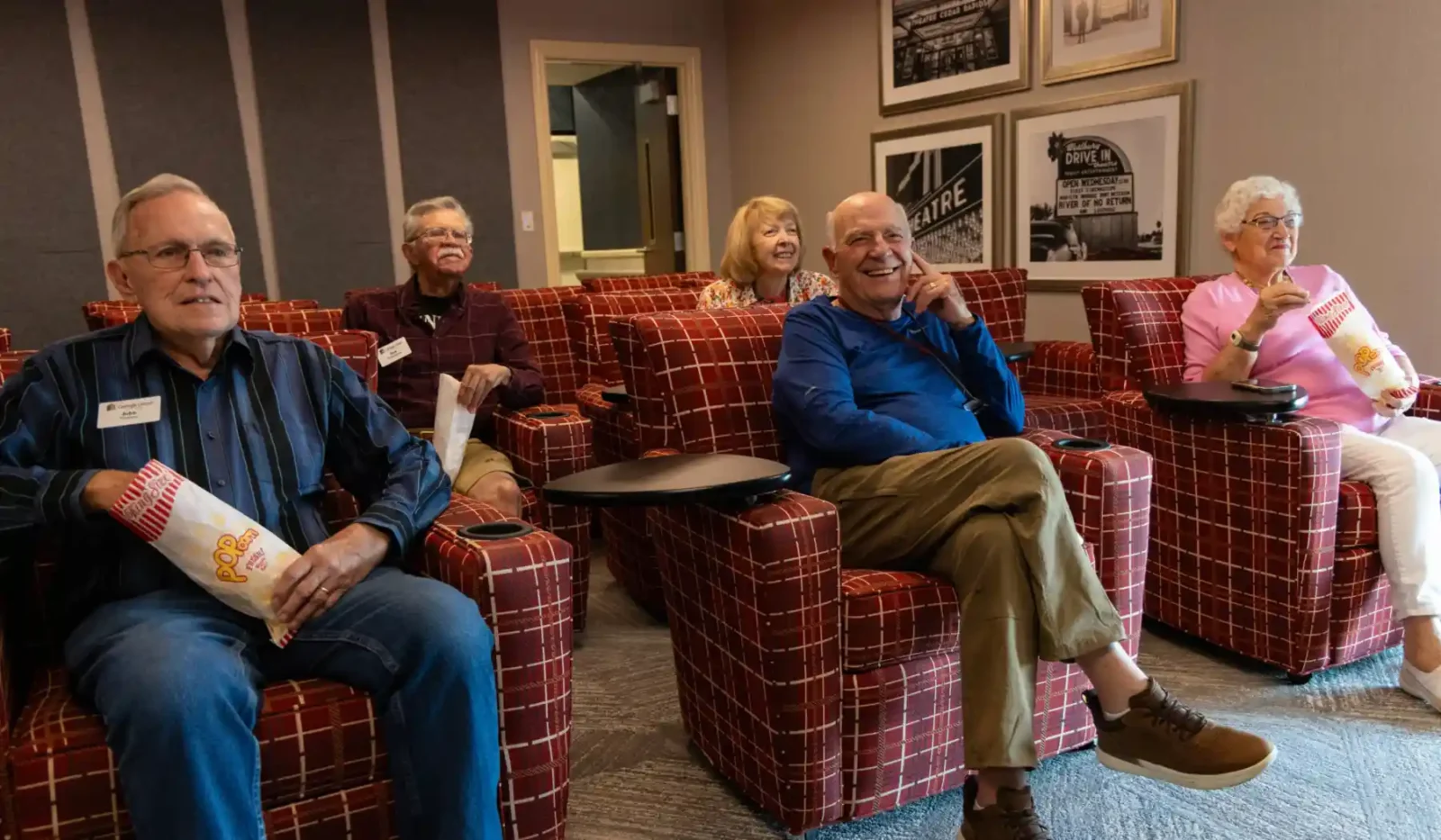

Experience it For Yourself
The best way to understand living at Cottage Grove Place is to visit us in person. See how our independent living offerings can give you peace of mind for life, or download our FREE guide to help you on your journey.
FAQs
Let’s Talk About Independent Living

What exactly is independent living at Cottage Grove Place?
Independent living means you’ll have your own private apartment-home, with access to dining, amenities, and social opportunities, and all without the upkeep of a traditional home. At Cottage Grove Place, it’s also your entry point to LifeCare, which gives you guaranteed access to higher levels of care if you ever need it, without unpredictable costs or having to leave home.
What kinds of apartments are available for independent living?
We offer a variety of one- and two-bedroom floor plans, with layouts ranging up to 1,500 square feet. Each residence can be customized to reflect your personal style and preferences, so you can truly create your next dream home. From new finishes and fixtures to unique built-in features, you have complete control over your apartment-home’s design. See our layouts and openings ›
Do I have to buy in or pay an entrance fee?
Not necessarily. At Cottage Grove Place, you can choose the option that best fits your lifestyle. Many of our residents select LifeCare, which does include a one-time entrance fee but provides lasting benefits—like predictable monthly costs, priority access to care, and the peace of mind that comes from knowing you’ll never be asked to leave the community for lack of funds.
If you’d prefer more flexibility, we also offer rental apartments with no entrance fee required. Rentals are a great way to enjoy our community and services right away, with the option to transition into LifeCare later if it makes sense for you.
Either way, you’ll find a welcoming home and a supportive community here.
Do I have to be a certain age or meet certain qualifications for independent living?
Most of our residents move in during their late 60s to early 80s, but you can join us as early as age 62. There are some medical and financial qualification steps to ensure our LifeCare plan is the right fit, and that you’ll be able to enjoy all the benefits it offers for the long term. There are fewer qualifications for our rental units.
What amenities are included in my monthly fee?
Your monthly service fee covers your apartment-home, weekly housekeeping and linen service, a $450 monthly dining credit, access to our fitness center, library, courtyards and common areas, woodworking shop, and more. It does not cover optional services, such as our beauty shop, extra meals/tray service, guest rooms for overnight visitors, charges from our convenience store, etc.
How can you help me transition from my home, including downsizing?
Making a move to senior living can feel overwhelming, but our dedicated transition experts are here to guide you every step of the way. We’ll help you plan, organize, and simplify the process—from downsizing and deciding what to bring, to arranging movers and setting up your new home. Our goal is to make the transition smooth, stress-free, and tailored to your needs, so you can start enjoying your new lifestyle right away.
What kinds of clubs and activities can I pursue at Cottage Grove Place?
There’s always something to do here. Residents enjoy a variety of clubs—like gardening, book discussions, and creative writing groups—along with frequent community events such as educational seminars and themed dances. Our calendar also includes regular outings to favorite local spots, from the Cedar Rapids Downtown Farmers Market to Kernels baseball games. Learn more about our programming and amenities ›
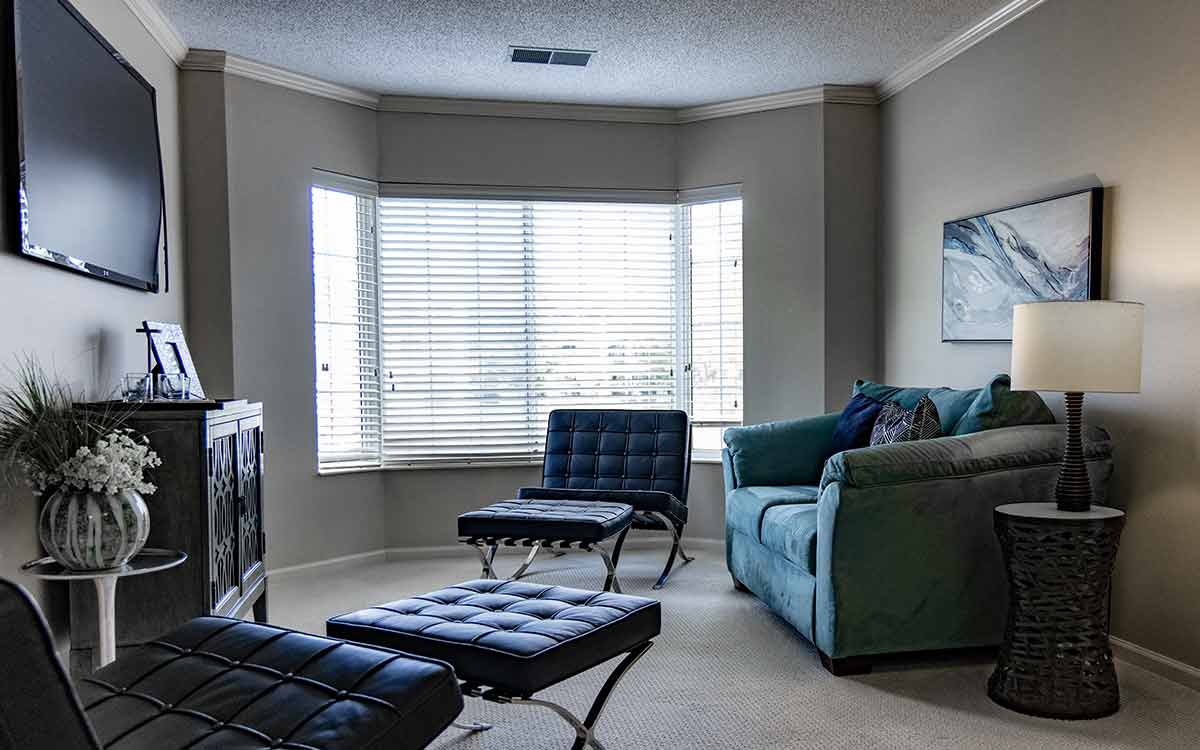
LUXURY SENIOR LIVING
Rental or LifeCare? It’s Your Choice
Whether you want a cozy one-bedroom or a spacious two-bedroom plus den, Cottage Grove Place offers a variety of rental and LifeCare layouts to match your needs and style, all without the maintenance hassles.
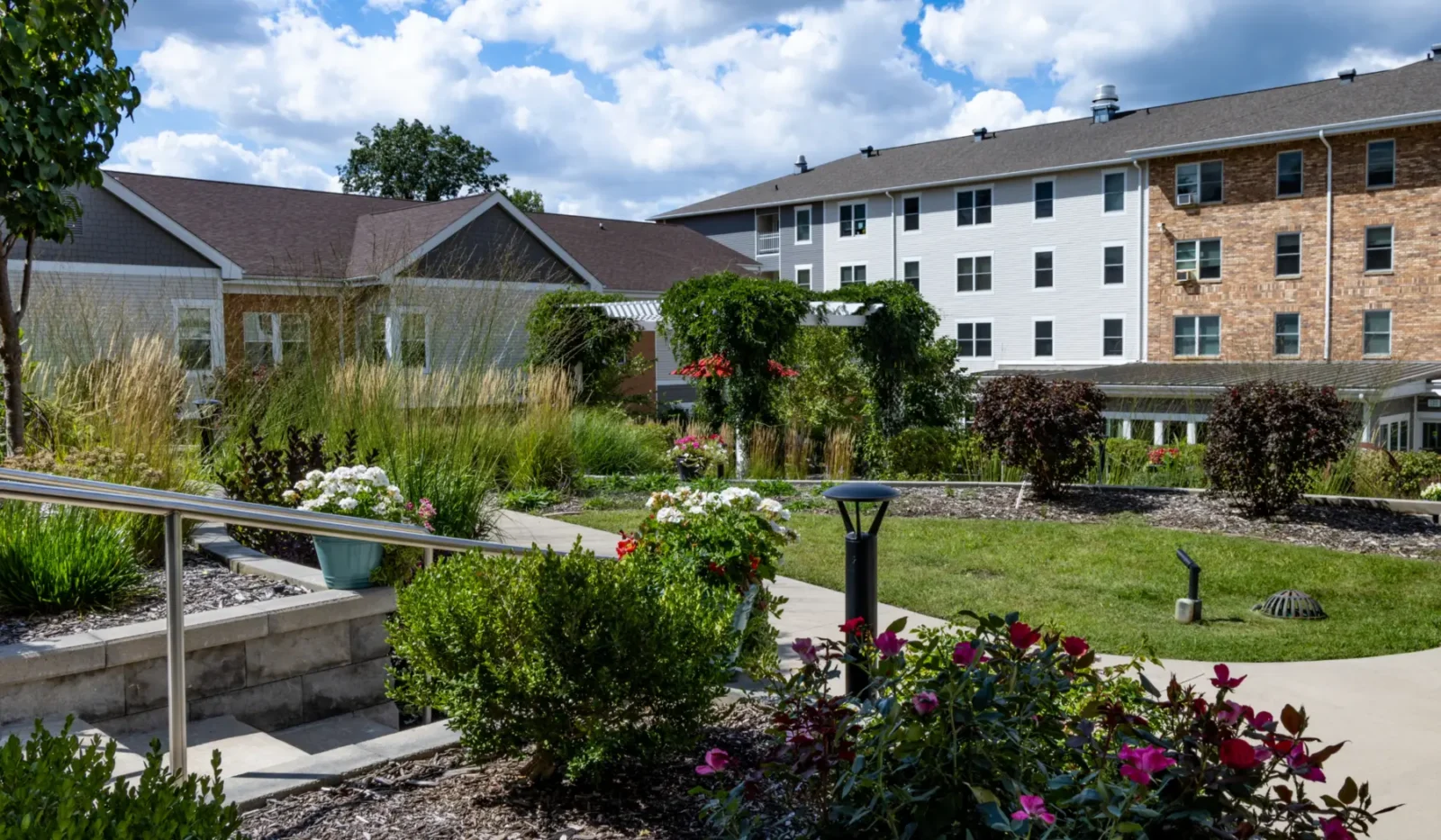
Senior Living That Feels Like Home—Only Better
Enjoy spacious residences, five-star hospitality, and amenities that make every day effortless and rewarding.
- Rental & LifeCare Residence Options
- Custom Interior Design Options
- Multiple Signature Dining Venues
- Fully Equipped Fitness Center
- On-Site Salon & Spa
- Lounges, Club Rooms & Common Areas
- Private Movie Theater
- Clubs, Hobby Groups & Workshops
- Social, Cultural & Educational Programs
- Pet-Friendly Community
- 24/7 Staffing & Emergency Response
- Weekly Housekeeping & Linen Service
- Convenient Cedar Rapids Location
- Health & Wellness Navigator
- Dedicated Transition Experts
Senior Living Resources
Answers & Insights for Your Journey
Whether you’re just starting to explore options or narrowing down your next step, we’re here to help you make the right move.

Voted Best Independent Living by U.S. News

Voted Best Short-Term Rehabilitation by U.S. News

Can I Afford Cottage Grove Place?
Wondering if senior living at Cottage Grove Place fits your finances? Our simple affordability calculator turns the “what-ifs” into a simple snapshot of potential costs and options, so you can discuss next steps with clarity—not guesswork.

Is It The Right Time to Downsize?
Learn about your options and get personalized results in about 4 minutes.

